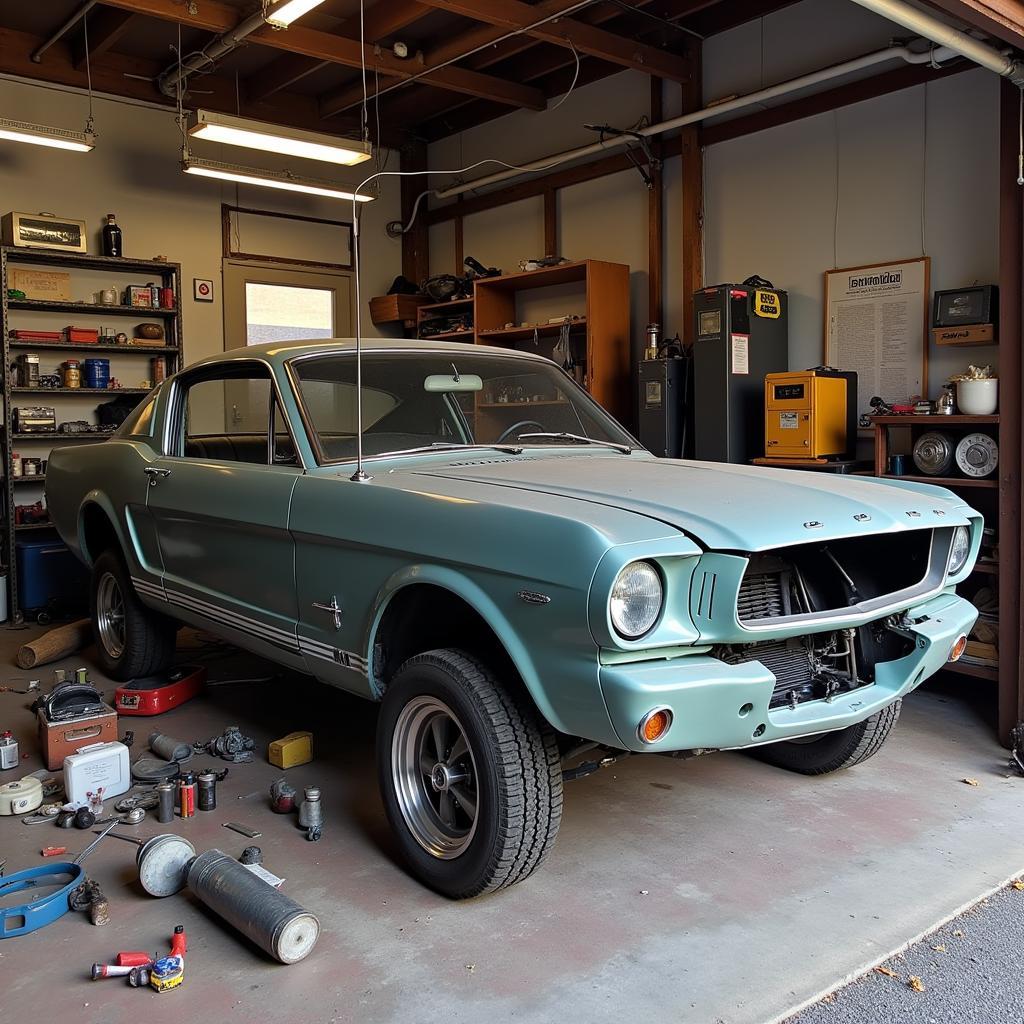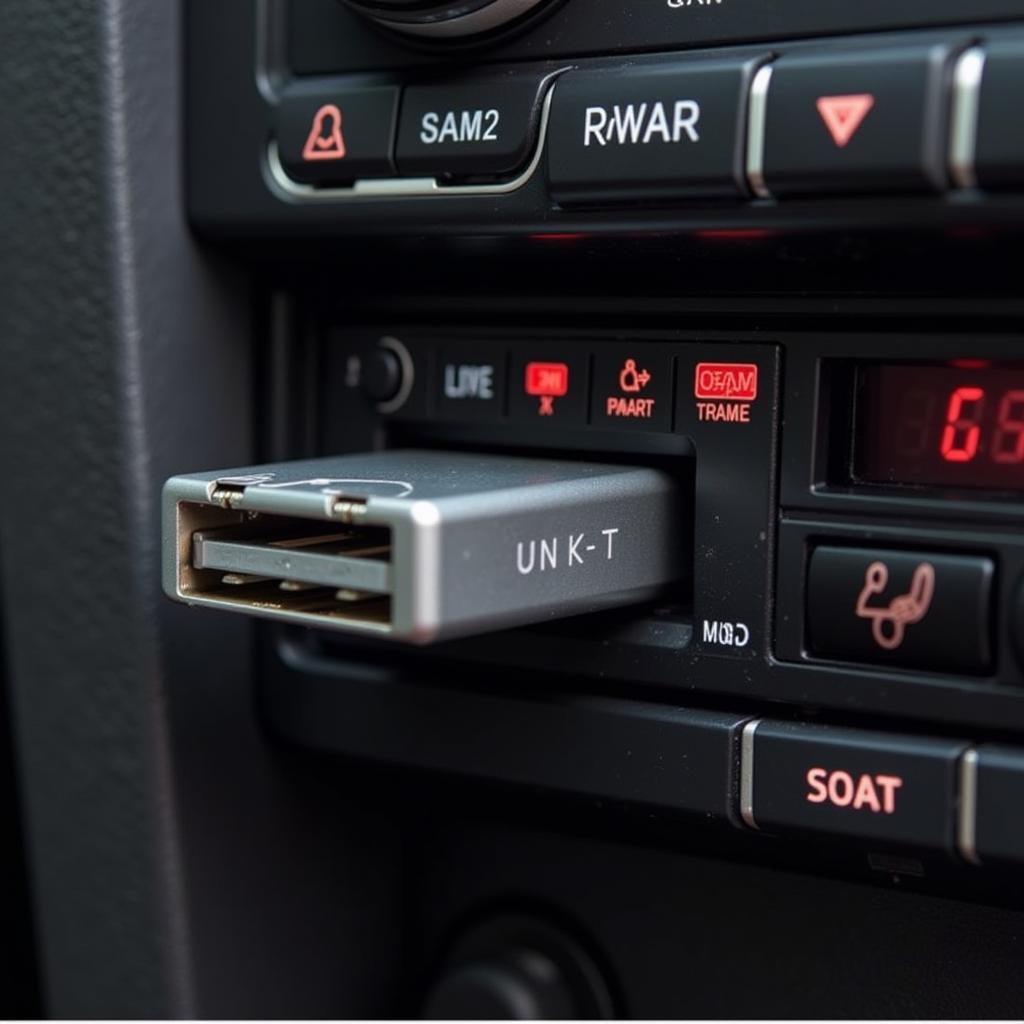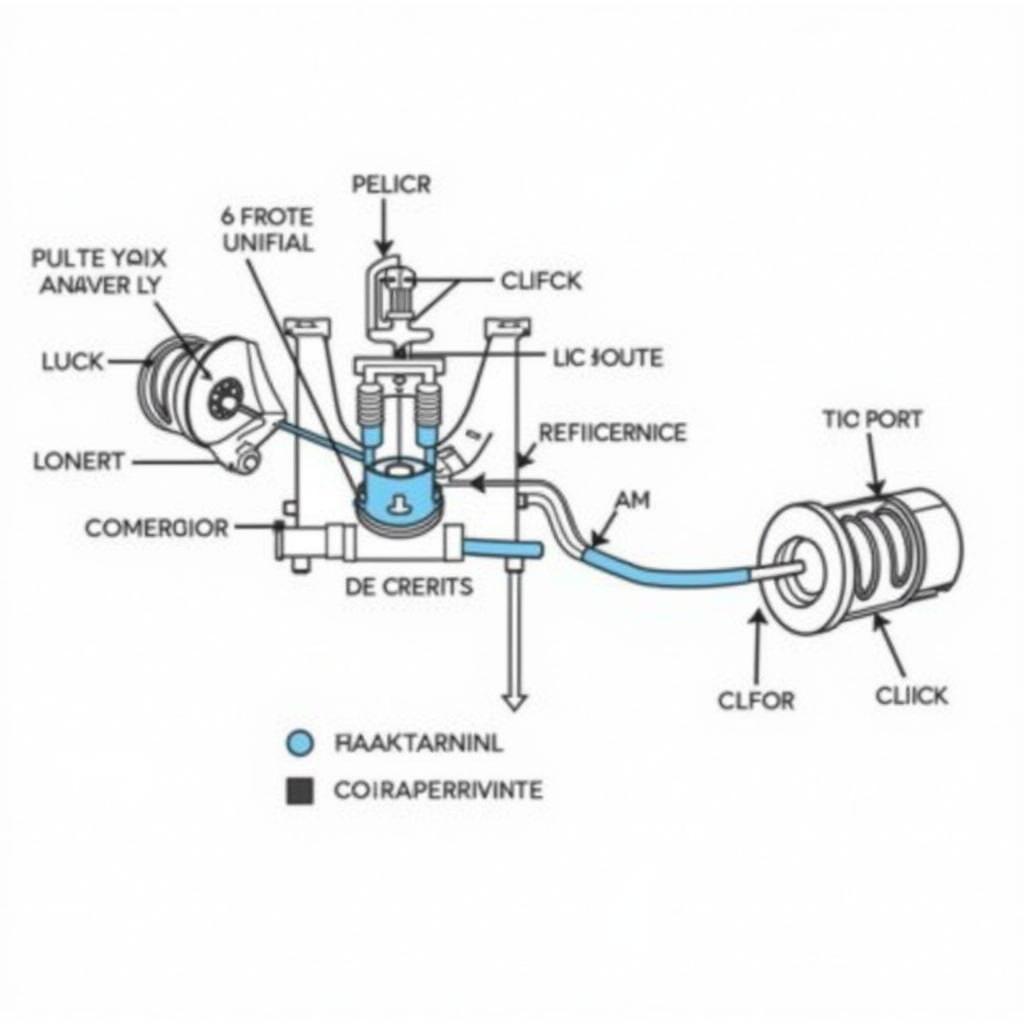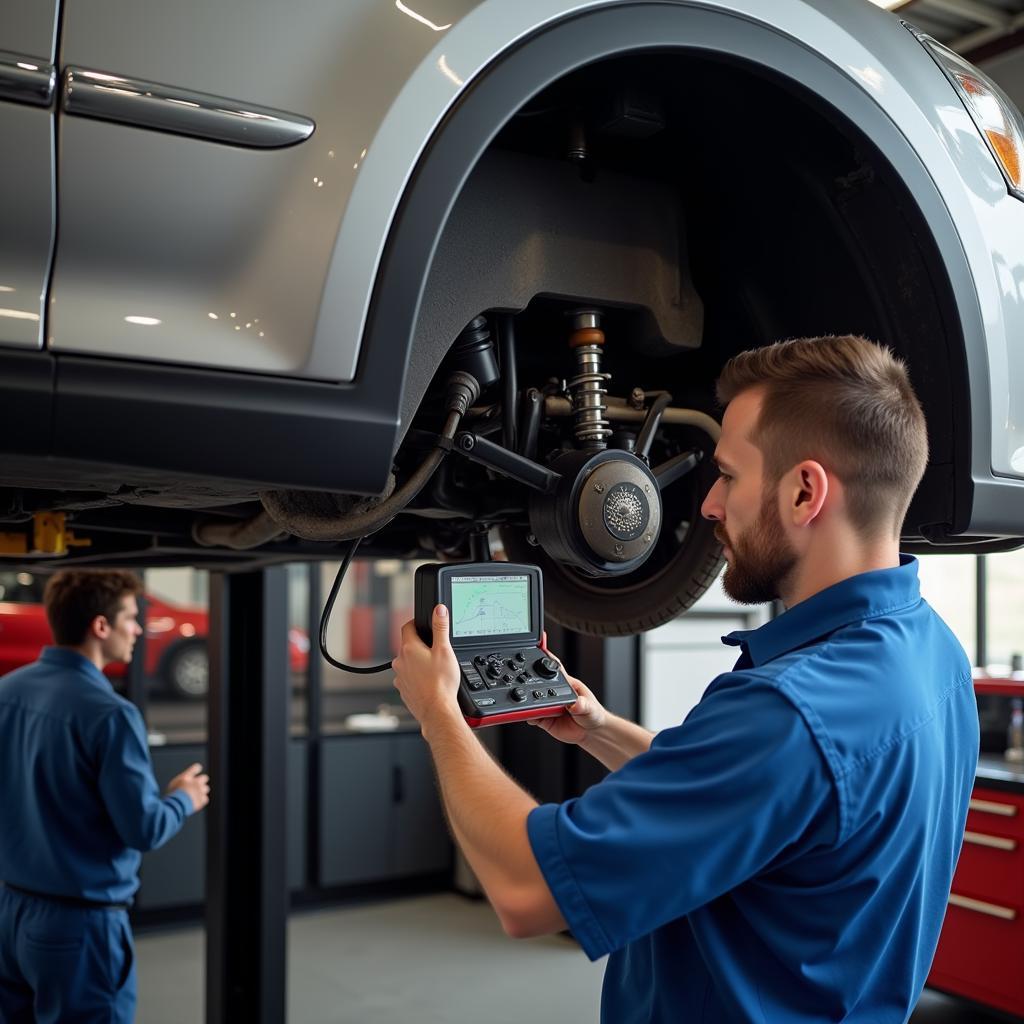Picking the right classic car to restore can be the difference between a rewarding project and a money pit. There are many factors to consider, from your budget and skill level to the availability of parts and the car’s overall desirability. This comprehensive guide will delve into the world of classic car restoration, helping you make an informed decision about the Best Classic Cars To Fix Up.
 Classic Car Restoration for Beginners
Classic Car Restoration for Beginners
Factors to Consider When Choosing a Classic Car
Before diving into specific models, let’s outline the key factors you should consider:
Budget
- Initial purchase price: Classic car prices vary wildly. Set a realistic budget that includes the car’s purchase price and anticipated restoration costs.
- Restoration costs: Restoring a classic car involves expenses for parts, materials, tools, and potentially labor if you’re not doing everything yourself. Be honest about your budget limitations.
- Ongoing maintenance: Classic cars require regular upkeep. Factor in the cost of insurance, storage, and routine maintenance.
Skill Level
- Mechanical aptitude: Are you comfortable working on engines, transmissions, and electrical systems?
- Bodywork and paint: Bodywork and paintwork can be complex. Consider whether you have the skills or are willing to learn or outsource these tasks.
- Upholstery and interior: Restoring a car’s interior often requires specialized skills and tools.
Parts Availability
- Common vs. rare models: Parts for popular classic cars are generally easier and cheaper to find.
- Aftermarket support: Some models have thriving aftermarket communities that produce reproduction parts, making restoration less challenging.
- Salvage yards vs. online retailers: Explore multiple sourcing options for parts to compare prices and availability.
Desirability and Investment Potential
- Future value: While not the primary reason for restoration, a car’s potential future value is a factor to consider.
- Personal preference: Choose a car that you are passionate about, as the restoration process will be more enjoyable.
Best Classic Cars for Beginners
If you’re new to classic car restoration, starting with a model known for its simplicity and readily available parts is wise. Here are a few excellent options:
1. Ford Mustang (1964-1966)
The first-generation Ford Mustang is an iconic classic with a vast aftermarket parts supply. Its relatively simple mechanics make it a great starting point for beginners.
2. Chevrolet Camaro (1967-1969)
The first-generation Chevrolet Camaro, much like its Ford rival, offers a blend of style, performance, and a good supply of parts.
3. Volkswagen Beetle (1967-1979)
The Volkswagen Beetle, with its air-cooled engine and straightforward mechanics, is a fantastic option for novice restorers. Its global popularity ensures widespread parts availability.
4. Jeep CJ-5 (1955-1983)
If you prefer a rugged classic, the Jeep CJ-5 is a great choice. Its simple design and robust construction make it relatively easy to work on.
Best Classic Cars for Intermediate Restorers
Once you’ve gained some experience, you might be ready to tackle a slightly more challenging project:
1. Chevrolet Corvette C3 (1968-1982)
The C3 Corvette, with its sleek styling and powerful engine options, presents a more complex but rewarding restoration. Parts availability is generally good.
2. Ford Bronco (1966-1977)
The first-generation Ford Bronco offers a combination of classic styling and off-road capability. Its popularity has led to a resurgence in aftermarket support.
3. Datsun 240Z (1970-1973)
The Datsun 240Z was a groundbreaking sports car in its day, and its reputation for reliability and performance continues. Parts can be sourced, though they might require more searching.
4. Triumph TR6 (1969-1976)
This British roadster offers a blend of classic styling and a spirited driving experience. Its passionate enthusiast community ensures decent parts availability.
Tips for a Successful Classic Car Restoration
No matter what classic car you choose to fix up, these tips will contribute to a smoother restoration experience:
- Do your research: Thoroughly research the car you’re interested in, including common rust areas, parts prices, and potential problem areas.
- Join a car club: Connect with other enthusiasts who can provide valuable advice, resources, and support.
- Take your time: Restoration is a marathon, not a sprint. Enjoy the process and don’t be afraid to ask for help when needed.
- Document everything: Keep detailed records of all work done, parts purchased, and expenses incurred.
Conclusion
Restoring a classic car is an exciting endeavor that can bring years of enjoyment. By carefully considering your budget, skill level, and the factors mentioned above, you can find the perfect classic car to fix up. Remember, the best classic car to restore is the one that you are most passionate about.
Need help deciding where to start your restoration journey? Contact AutoTipPro today at +1 (641) 206-8880 or visit our office at 500 N St Mary’s St, San Antonio, TX 78205, United States. We’re here to help you turn your classic car dreams into reality!







Leave a Reply